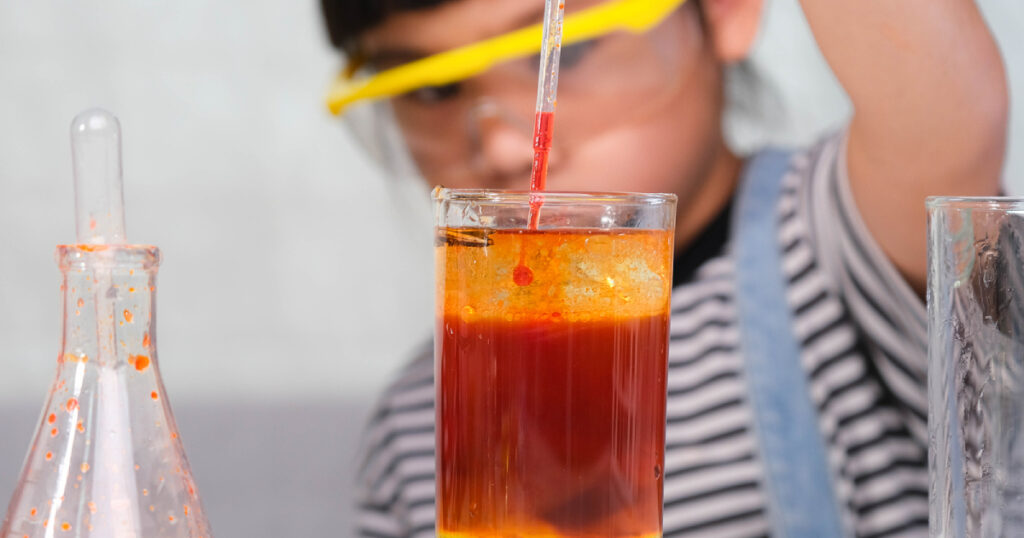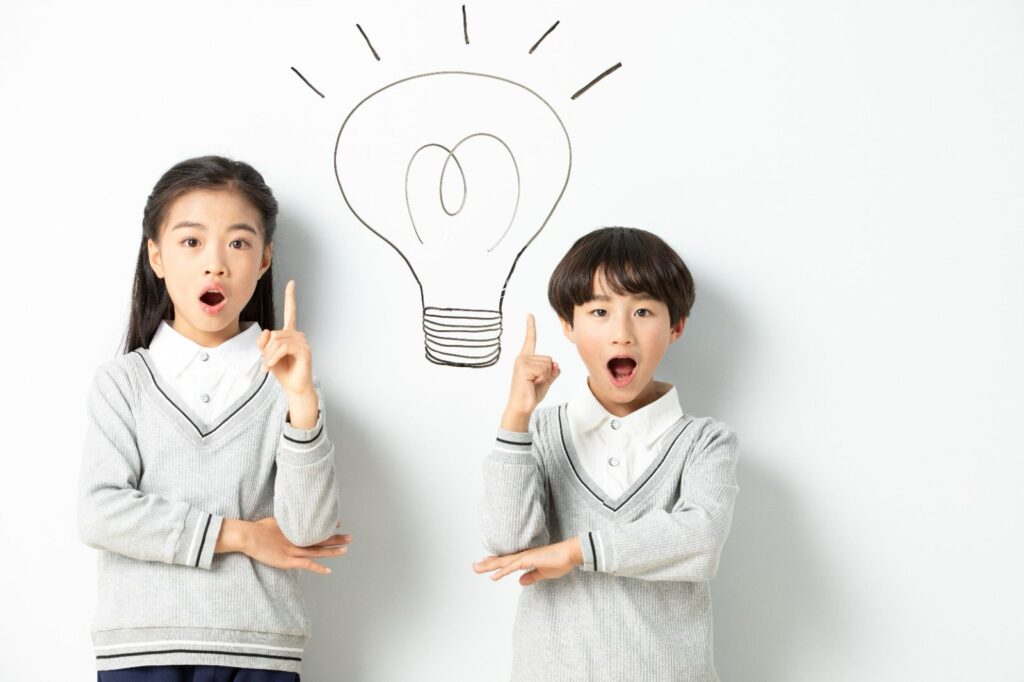
Science is more than just facts in a textbook or slides on a screen. At its core, science is about curiosity, exploration, and discovery. While traditional teaching methods play a crucial role in building foundational knowledge, students often benefit from science tuition and grasp scientific concepts more effectively when they’re given the chance to engage directly with the material.
This is where hands-on experiments come in—not just as fun classroom activities, but as powerful tools for learning.
Bringing theory to life
Reading about photosynthesis or chemical reactions can feel abstract to many students. However, watching a leaf release bubbles of oxygen under light or observing vinegar and baking soda react creates a tangible connection between theory and the real world. These sensory experiences reinforce textbook concepts and make them more memorable. By conducting experiments, students get to witness science in action and begin to understand how the world around them operates.
This is especially important for students who attend lower secondary science tuition in Singapore, where the syllabus expands into more complex topics. Concepts such as energy conversion or heat transfer can be difficult to visualise, but hands-on experiments can clarify these ideas in a way no diagram can replicate.
Encouraging active learning
Hands-on experiments promote active learning, where students don’t passively absorb information but instead engage with it through observation, prediction, and reflection. They learn to ask questions, test hypotheses, and analyse results—skills that are at the heart of scientific thinking.
This kind of involvement also encourages students to take ownership of their learning. They’re not just following instructions; they’re participating in a process. This deepens their understanding and helps build a lasting interest in the subject. Whether it’s measuring the rate of evaporation or testing the pH of household liquids, these activities cultivate independent thinking and curiosity.
Developing critical and analytical skills
Science isn’t just about getting the “right” answer—it’s about the process of discovery. When students conduct experiments, they often face unexpected outcomes. Learning to interpret data, troubleshoot errors, and revise their approach helps them develop critical and analytical thinking skills. These competencies are not only vital for science but are transferable to many areas of life and study.
Students who participate in regular experiments often become more resilient learners. They are more comfortable with trial and error, and more likely to persevere when faced with difficult problems. This mindset shift can significantly improve their performance and confidence, both in science and beyond.
Catering to different learning styles
Every student learns differently. Some absorb information best through reading, while others benefit more from visual or tactile experiences. Hands-on experiments cater especially well to kinesthetic learners—students who understand better through doing.
For younger students attending primary science tuition in Singapore, tactile activities like assembling a simple circuit or examining plant specimens with a magnifying glass can spark enthusiasm and make abstract ideas easier to grasp. These moments of discovery often leave a lasting impression and form a strong foundation for more advanced scientific learning in the future.
Ex-MOE teachers are especially well-equipped to guide students through hands-on science learning. With years of experience in Singapore’s school system, they possess deep familiarity with the MOE syllabus and proven techniques to engage students effectively.
Fostering collaboration and communication
Science experiments are rarely solitary pursuits. In a classroom or tuition setting, they often involve teamwork—students discussing procedures, sharing observations, and debating conclusions. These collaborative elements not only enhance learning but also improve communication and interpersonal skills.
When students work together to solve a problem or complete an experiment, they learn to listen, articulate their thoughts, and negotiate differing viewpoints. These are essential skills not just for science, but for life. Encouraging this sort of peer-to-peer interaction builds confidence and fosters a spirit of cooperative inquiry.
Linking science to the real world
One of the biggest challenges in science education is helping students see the relevance of what they’re learning. Hands-on experiments can bridge this gap by linking classroom knowledge to real-world applications. Whether it’s testing water quality, simulating natural phenomena, or observing microorganisms under a microscope, these activities show students that science is everywhere—and that they can be scientists too.
This relevance is key to keeping students engaged. When they see how science impacts their everyday lives, they’re more likely to stay curious and motivated. This also builds a stronger foundation for future learning, especially for those who might be considering science-related careers.
Making science enjoyable
Let’s not overlook one of the simplest but most powerful effects of hands-on learning—it makes science enjoyable. There’s a sense of excitement and accomplishment that comes from conducting an experiment and seeing the results unfold before your eyes. That sense of wonder is what science is all about.
By creating a fun and interactive learning environment, hands-on experiments help students build a positive relationship with the subject. This enjoyment can increase participation, improve retention, and inspire a lifelong interest in scientific exploration.
Conclusion
Hands-on experiments are more than just a classroom activity—they’re a bridge between knowledge and understanding. They help students visualise abstract concepts, develop critical skills, and connect science to the world around them. For learners at every stage, from curious primary students to secondary school explorers, this practical approach fosters both competence and confidence in science.
To support your child’s science journey through guided experiments and personalised coaching, explore the programmes at Ace Academia, where science learning goes beyond the textbook and into real-life discovery.
Contact us via WhatsApp at +65 8866 2223 to learn how we can support your child’s progress in science today.




